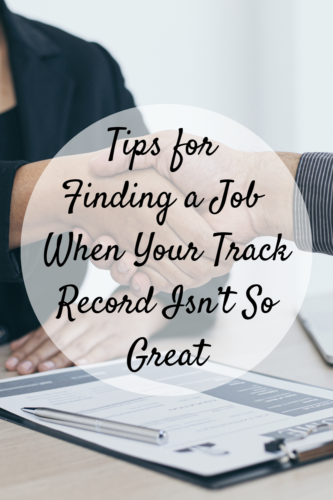
When searching for a job, most employers will take a peek at your past record to see if you’re a suitable candidate for their workplace. For instance, they’ll see what past experience you have to check that you’re being truthful about who you have worked for. They might also contact other companies that you have worked for to get an idea of who you are and your work ethic,
However, there may be cases where your employer finds something that actually goes against your employment opportunities. These days, finding a job can be hard enough because there are lots of candidates and too few positions, hence why employers can be picky about who they choose. So if you think you have a poor track record, here are some tips to follow.
What does a bad work history imply?
First, let’s try to understand what a bad work history implies so that you can try to fix or avoid these things.
- Large employment gaps can be a red flag for some employers because it shows that you might not be as hardworking as you claim, or it could show that you’re prone to leaving companies.
- Having many different employers is another red flag as it shows that you could be someone that jumps between jobs on a regular basis.
- A criminal record is often a stain on your background that can prevent you from getting many different jobs.
- Being fired from a previous place of employment can also be a concern for your employer.
Clean your criminal record or avoid getting into trouble
A criminal record is often the most detrimental mark on your record that needs to be fixed. Luckily, there are options such as a pardon application that can help you clean your record, especially if there are very old or minor offenses. This is usually the best way to clean up your record especially if your employment history is otherwise stellar.
Change your resume to fill in gaps
It’s a good idea to change your resume to either hide or mask the fact that you’ve had employment gaps. For example, if there’s a year between your last two jobs, then you can let your employer know that you were studying again, training for a new job, or even working freelance for a change of pace.
Being honest is usually your best course of action
But at the end of the day, being honest with your resume and employment history is usually the best course of action. For instance, if your employer asks why you were fired, then you should try to be honest about your relationship with your previous employer and what led to your eventual dismissal.
In order to nurture your future career, it’s important to be honest with your work history so that you don’t need to pretend or act like you are more skilled than you are. The fake-it-till-you-make-it mentality can be dangerous for your career; the last thing you want is to be put into a role that you are clearly not qualified for.





Leave a Reply